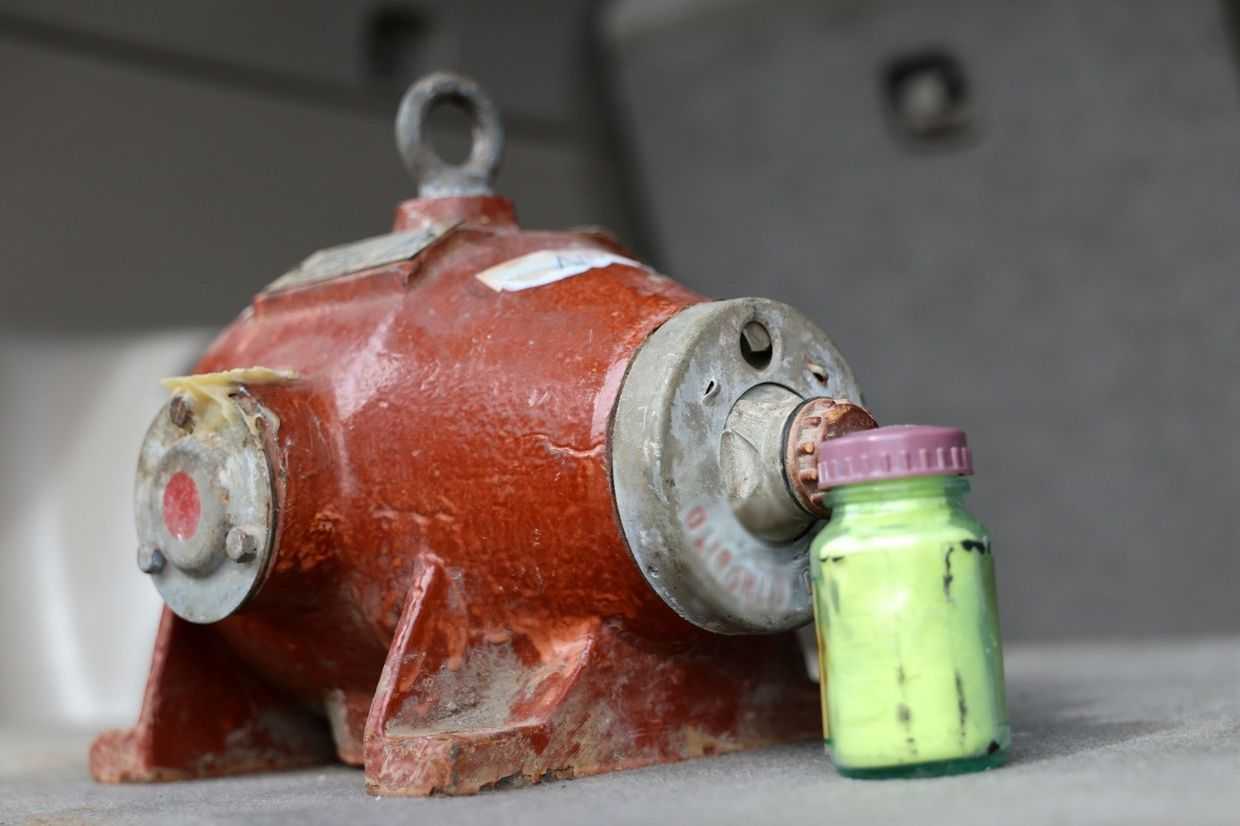UK, US unveil new sanctions against Georgian officials responsible for violence against protesters
The sanctions targeted several key officials in charge of police and internal security, but did not extend to Georgian Dream politicians.

On Thursday, the UK and the US announced new coordinated sanctions against officials from Georgia’s Interior Ministry responsible for human rights violations, specifically regarding the police crackdown on protests.
While the new sanctions were announced as the massive protest movement against the Georgian government’s EU U-turn entered its third week, the US said the move was in response to police actions in ‘demonstrations throughout 2024’.
‘In the wake of Georgia’s election, key officials in the Ministry of Internal Affairs engaged in a severe and vicious crackdown against their own people, including the intentional targeting of journalists and use of violence’, Treasury official Bradley Smith said.
In an earlier sanctions announcement published the same day, the UK specifically mentioned disproportionate police force used against protesters in demonstrations that followed the October parliamentary elections.
‘Our action today shows that the UK stands with the people of Georgia and will consider all options to ensure those responsible are held to account’, Foreign Secretary David Lammy said.
Who was sanctioned?
The UK’s list consisted of Deputy Minister of Internal Affairs Aleksandre Darakhvelidze, Director of the Tbilisi Police Department Sulkhan Tamazashvili, Head of the Special Tasks Department responsible for riot police Zviad Kharazishvili, Kharazishvili’s deputy Mileri Lagazauri, and Interior Minister Vakhtang Gomelauri.
The US also sanctioned Gomelauri, as well as Mirza Kezevadze, a Deputy Head of the Special Tasks Department.
Nonetheless, the sanctions did not reach Georgian Dream’s political leaders, such as Prime Minister Irakli Kobakhidze, Tbilisi Mayor and Georgian Dream’s Secretary General Kakha Kaladze, or perhaps most importantly, the party’s founder and Honorary Chair, Bidzina Ivanishvili.
The US has approached its sanctions and other punitive measures towards Georgian officials in a piecemeal fashion, and has at times opted to not publicly announce who the measures are targeting. Earlier in December, the US State Department announced visa bans on ‘approximately twenty individuals, including individuals serving as government ministers and in Parliament, law enforcement and security officials, and private citizens’. The individuals in question were not named.
When responding to questions from journalists, State Department spokesperson Matthew Miller has regularly reiterated that the identities of individuals subject to visa bans are usually not announced.
What do the sanctions mean?
According to the UK, the new sanctions entail travel bans and ‘and asset freezes, excluding [the targeted individuals] from the UK and its economy’.
The US Treasury Department’s explanation is more complex. It states that ‘all property and interests in property of the designated persons described above that are in the United States or in the possession or control of US persons are blocked and must be reported to [the Treasury’s Office of Foreign Assets Control OFAC)]’.
Any businesses owned or operated by the aforementioned individuals are also blocked, the Treasury Department said.
In addition, the US can impose secondary measures on those who assist in the evading of sanctions, even if the assistance is unwitting.
As with similar sanctions directed at Russian officials involved in supporting the full-scale invasion of Ukraine, the secondary measures are aimed at preemptively discouraging anyone (or any business) from having financial connections with sanctioned individuals.
‘The ultimate goal of sanctions is not to punish, but to bring about a positive change in behaviour’, the Treasury Department said.
Georgian Dream doubles down in the face of sanctions
Nonetheless, while a change in behaviour may have been the desired outcome, Georgian Dream appeared to be undaunted by the new sanctions.
The following day, Kobakidze nominated 11 Interior Ministry officials, including Gomelauri and the previously sanctioned riot police director Zviad Kharazishvili, for the Order of Honour. Several of the other nominees were also sanctioned on Thursday.
In the same press conference, Kobakhidze said he was appointing Gomelauri to be a Deputy Prime Minister, which was widely seen as an effort to show that Georgian Dream is unconcerned with the new sanctions.
Kobakhidze also announced the state would compensate the potential financial losses of any sanctioned individuals.
‘This is not just a response to an unjust decision, it is a response to the worthy actions taken by Interior Ministry employees’, he said.











